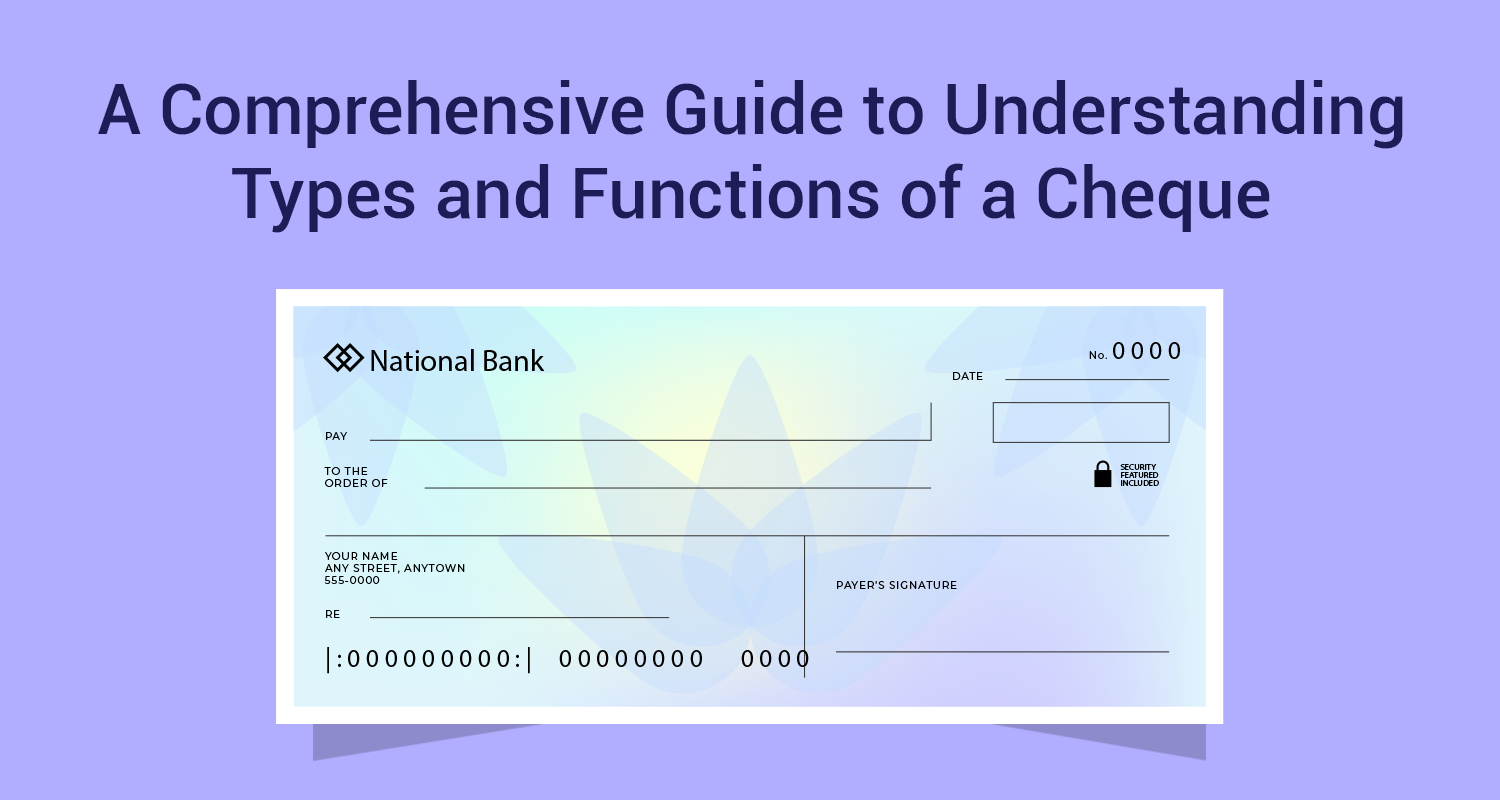What Are the Advantages of Investing In Mutual Funds At An Early Age?
One of the basic principles of investing in mutual funds is that time matters more than money. This basically means that you start early. More than the amount you contribute and the growth rate of your money, the length of your investment period makes a big difference to your final investment value. So when it comes to investing in mutual funds (especially equity funds), it is always beneficial to start early.
Make the best of the power of compounding What do we understand by the power of compounding? When you invest your money in equity funds, you earn returns on your principal. Over time, as you stay invested, not just your principal, but your returns also start earning higher returns. This is called the power of compound interest and it picks up pace after enough time has passed. This power of compound interest works best for you when you start investing early. Check the table below where equity funds are generating 15% return per annum :
|
Particulars |
Investor A |
Investor B |
Investor C |
Investor D |
|
SIP started at |
Age 25 |
Age 30 |
Age 35 |
Age 40 |
|
SIP concluded at |
Age 55 |
Age 55 |
Age 55 |
Age 55 |
|
Tenure of SIP |
30 years |
25 years |
20 years |
15 years |
|
Monthly SIP |
Rs.5000 |
Rs.8000 |
Rs.11,000 |
Rs.14,000 |
|
Total Contribution |
Rs.18 lakhs |
Rs.24 lakhs |
Rs.26.40 lakh |
Rs.25.20 lakh |
|
Final Value |
Rs.3.51 crore |
Rs.2.63 crore |
Rs.1.67 crore |
Rs.94.80 lakh |
|
Wealth Ratio |
19.50 times |
10.96 times |
6.33 times |
3.76 times |
The above table is fairly explicit about the value of starting early with your mutual fund investments. , The biggest wealth creator in absolute terms is Investor A who contributes just Rs 5,000 per month. Although the others have contributed more in absolute terms, their final wealth is less and their wealth ratio is much less than that of Investor A. At a younger age you have a higher risk appetite Wealth creation means taking calculated risks.
In fact, over a longer period of time, say 8-10 years or more, the downside risk of equities is almost eliminated by the upside potential. This is when volatility works in your favour. At the age of 25 your risk appetite is higher than at the age of 35, and the same logic applies. The moral of this story is that the earlier you start, you will be able to put a larger portion of your savings in equities and hence the asset mix will favor long-term wealth creation. If you start early you can actually get a larger amount This is a logical consequence of the first two points. When you start early, you can take more risk. So you can make a larger allocation to equity funds. As a result, a larger portion of your savings actually goes into wealth creating assets.
There is another benefit to this. It is better to move your money from equity funds to debt funds or liquid funds when you are closer to the goal. When you start early, you can move these funds to less risky assets and still earn very good returns overall. Thus there is no impact on your overall corpus. You can also manage your debt and insurance better This is a slightly more important and interesting point to understand.
Your financial planning is not just limited to investing in equity and debt funds. It is also about how you manage your home loan, car loan, expenses for life insurance, expenses for health insurance, etc. When you start early you are able to prioritize better. For example, you can prioritize your debt reduction or insurance cover over your SIP for a few months and still reach your goals, because time is on your side.
This flexibility is not available to you when you start working late. If there is a crisis, you still have time to rectify the situation In fact, many investors do not understand the importance of this point. You can start a SIP and within 4-5 years you may face a crisis like we saw after the collapse of Lehman Brothers in 2008. At the end of 5 years, you will find that your asset growth is negative and you are way behind your goals.
This is where starting early is important. You still have time to take decisions such as; whether to stay invested or not, restructure your portfolio, increase your contribution or not, etc. If you start investing in mutual funds later in life, this flexibility will not be available to you. The bottom line is that mutual funds work best when you start investing early.
Disclaimer : The information in this blog is for general purposes only and may change without notice. It does not constitute legal, tax, or financial advice. Readers should seek professional guidance and make decisions at their own discretion. IIFL Finance is not liable for any reliance on this content. Read more



